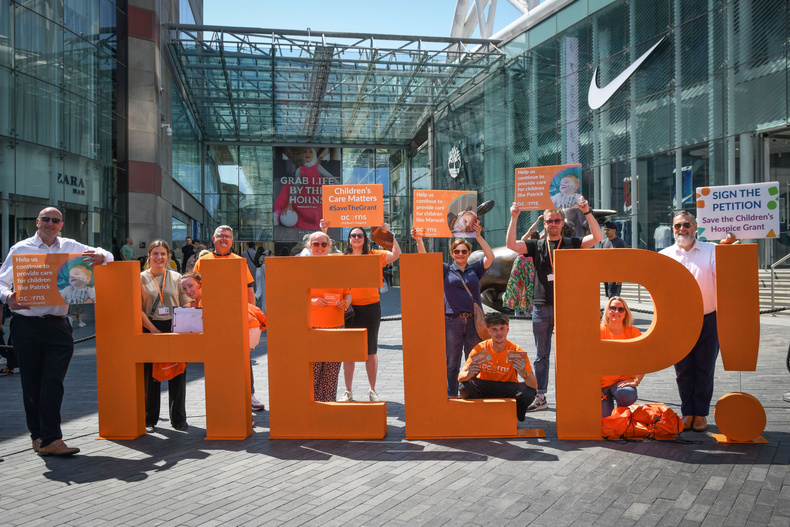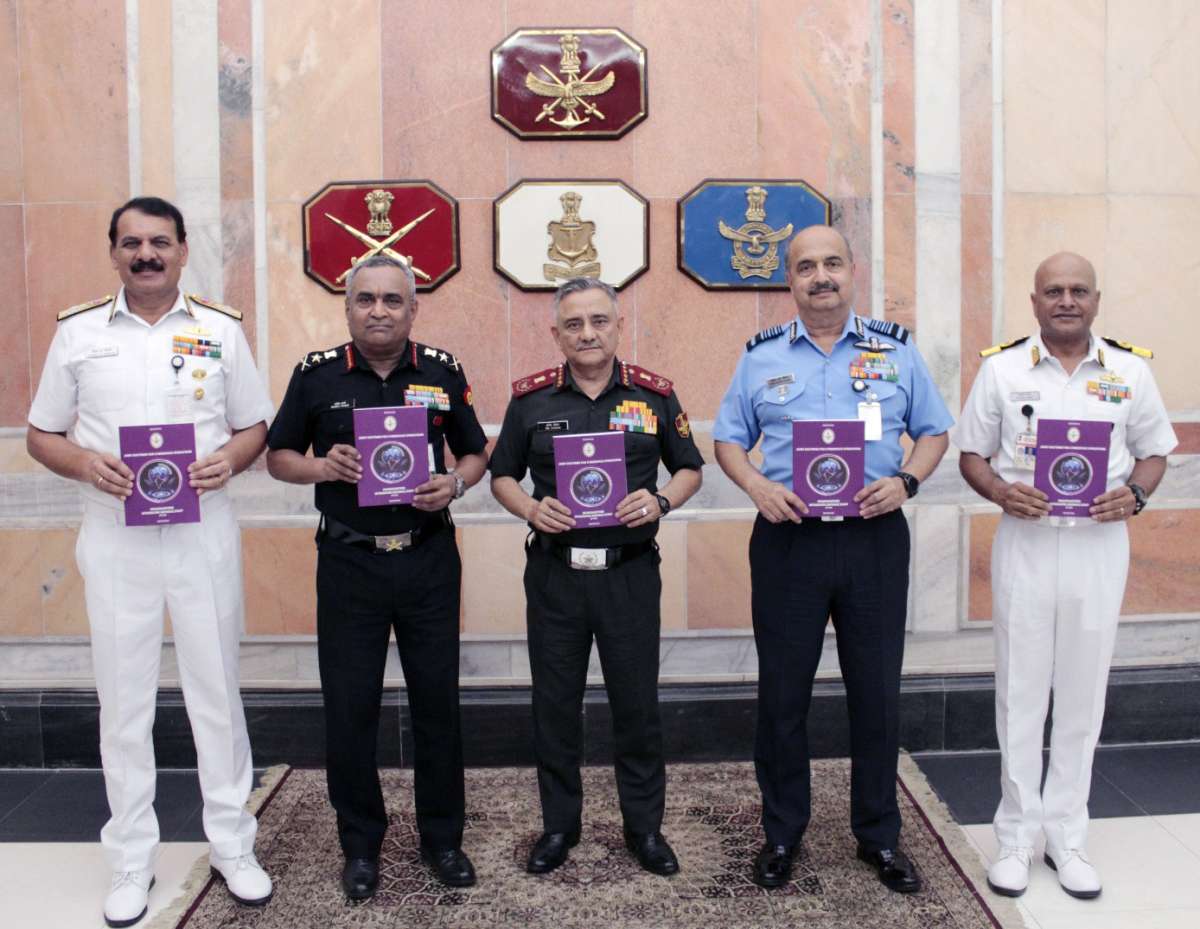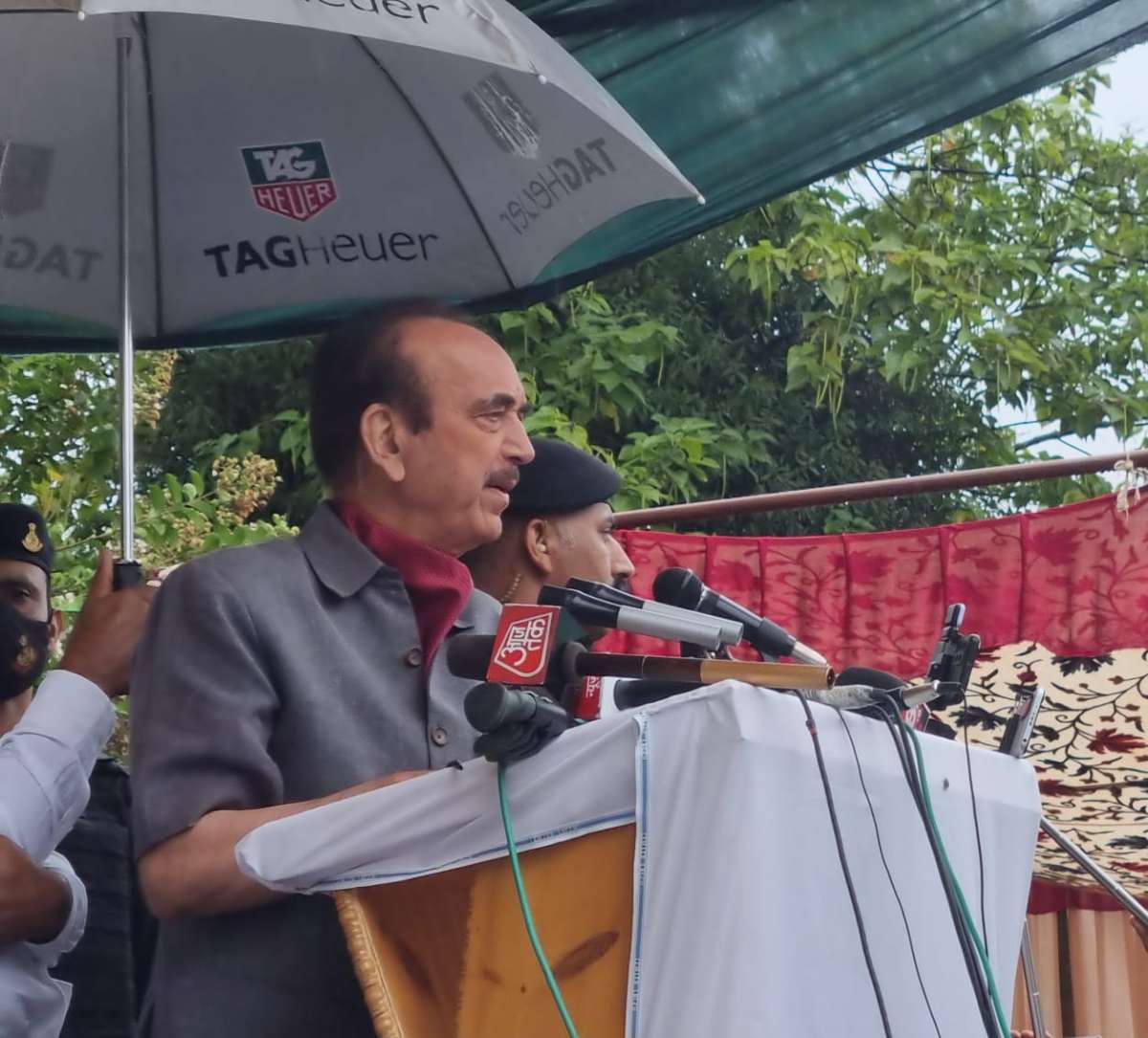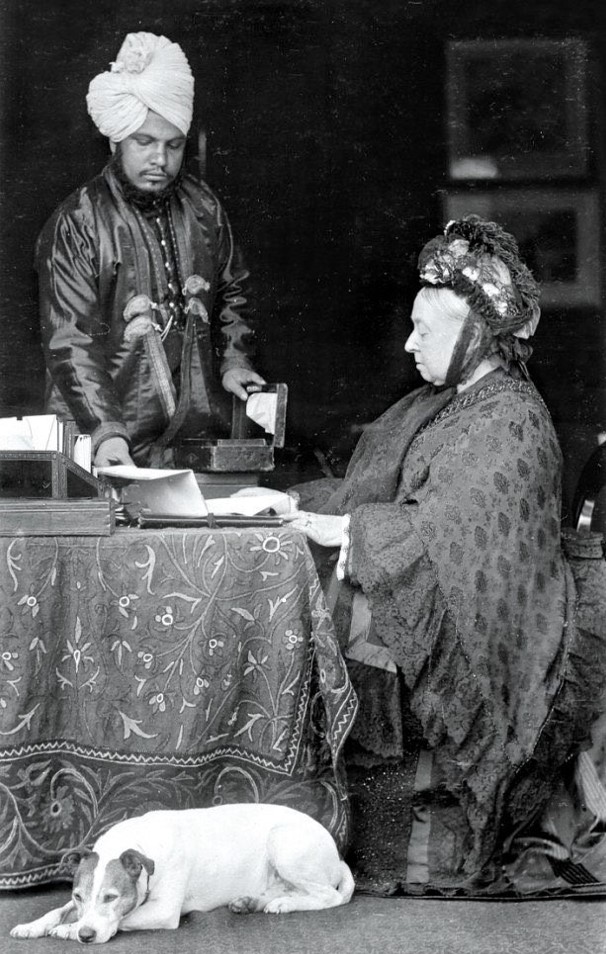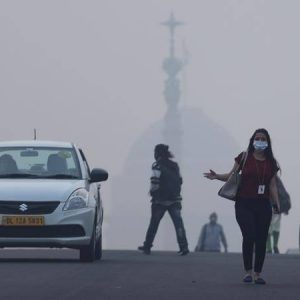The GCF 2022 Edition is returning under the theme ‘Rethinking the Global Cyber Order’, and runs between 9-10 November in Riyadh, Saudi Arabia…reports Asian Lite News
A new global report from The Global Cybersecurity Forum (GCF), has found that 72% of children around the world have experienced at least one type of cyber threat online.
The ‘Why Children Are Unsafe in Cyberspace’ report, developed in collaboration with Boston Consulting Group, focuses on raising awareness on the critical issues facing the protection of children in Cyberspace, at a time when over 90% of children aged eight and above are active on the internet.
The report surveyed over 40,000 parents and children, across 24 countries in six regions, with results overwhelmingly showing that protection of today’s youth in cyberspace is falling short, impacting children globally and requiring urgent collective action.
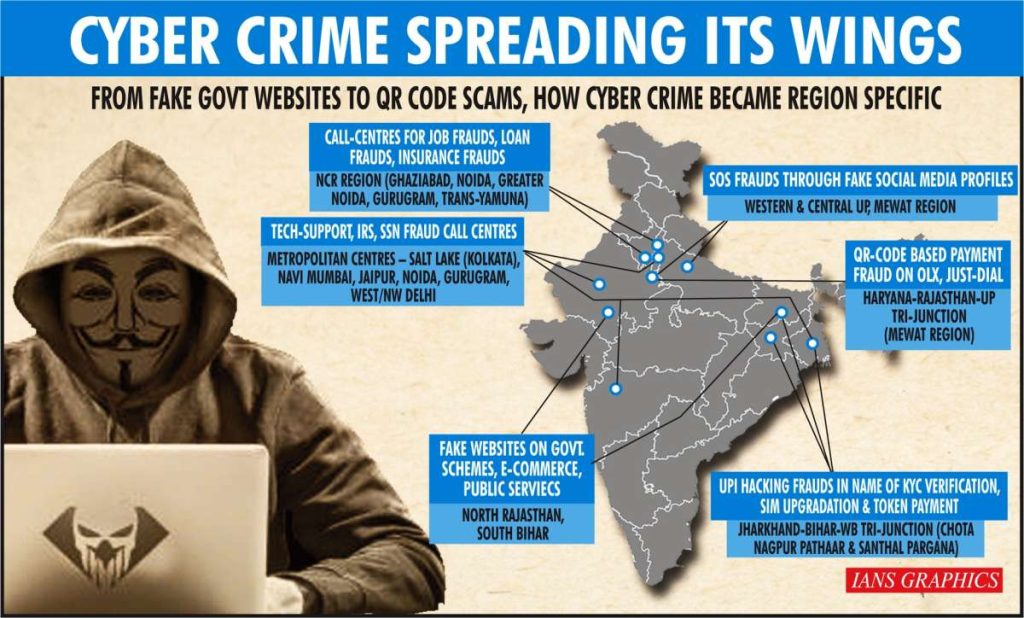
Those surveyed revealed that unwanted ads, inappropriate images and content, and bullying and harassment are the main threats experienced. Globally, children are most active digitally at home or at school however, the report found that only half of children feel safe online, with one in five children expressing that they have faced bullying or harassment. Of the regions surveyed, Latin America and the Middle East reported the highest number of threats experienced by children.
83% of children claimed they would alert their parents for help if they felt threatened online however, of the parents surveyed, only 39% noted that their child or children had ever expressed concerns to them. This raises the question of how children can be protected when parents are not always aware of the dangers they face. ‘’Educating parents on these issues is crucial. Survey results clearly indicated that parents do not monitor the online activities of their children closely enough, nor do they report incidents to authorities often enough’’, report noted.
The report calls on all stakeholders including parents, educators, tech companies and law enforcement agencies to join forces to ensure that robust solutions can be found to meet the threat to children online.’’ Some countries have adapted education programs and curricula to cover digital skills and competencies. But even these programs fail to provide tangible training in, and solutions to, online risks— what they are, where they exist, how to react to them, and how to avoid them. Moreover, education systems are not working with parents to keep them informed and up to date on the latest threats’’, report says.
Ms. Alaa AlFaadhel, Initiatives & Partnerships Lead at the GCF commented on the report: “With 72% of children facing cyber threats, we believe the protection of children is crucial in a rapidly developing Cyberspace. The solution to the pervasive threats that children face is to raise awareness of the issues and ensure united action, from educators to the private sector, can be put in motion. We all bare a responsibility to create a safe place to learn and connect in Cyberspace as it becomes more entrenched in everything we do.”
David Panhans, a BCG Managing Director and Partner commented on the report: “With almost all 12-year-olds now online and virtual learning on the rise during the COVID-19 pandemic, keeping children safe in Cyberspace is an urgent problem that requires an immediate solution. Everyone involved in the online and child protection ecosystem has a role to play, from international organizations, regulators and law enforcement agencies, parents, caregivers, and education providers to technology companies in the private sector.”

The upcoming GCF will bring together key decision-makers and executives from around the globe to discuss the prominent issue of child protection in Cyberspace, amongst other key topics including disruption frontier and geopolitical considerations.
The GCF 2022 Edition is returning under the theme ‘Rethinking the Global Cyber Order’, and runs between 9-10 November in Riyadh, Saudi Arabia.



